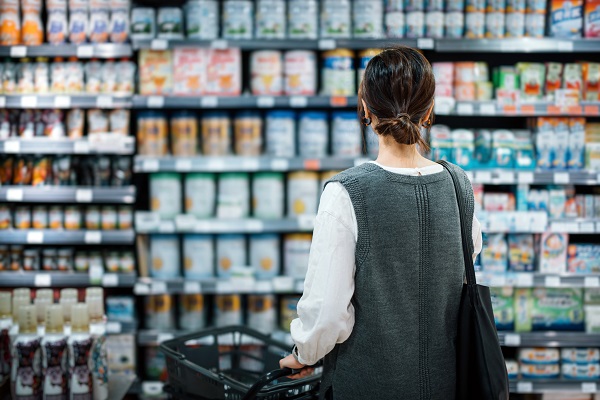-
Why can’t we attend a birthday party?
Do we have to wash our hands a lot?
What’s a virus?
Am I a virus?
These are the types of questions children may have about the impact of COVID-19.
Kids are curious and will gradually notice that daily life is different with social distancing rules in place and a ban on public gatherings. They may hear snippets of the news, conversations or second-hand details from their friends.
It’s important to be ready to answer questions from kids about COVID-19 to keep them informed and reduce their worries. It’s also vital to respond to their concerns with love and support.
In Norway, the Prime Minister Erna Solberg held a children-only press conference where she answered questions from children about the pandemic.
“It is OK to be scared when so many things happen at the same time” Solberg said at the beginning of the press conference.
As a parent, could you handle your own mini question and answer session?
According to advice issued by the World Health Organisation, here are the little things you can do to prepare for conversations with kids about COVID-19.
Speak kindly and reassure
Use age-appropriate language and concepts they understand to explain the situation. For example, let them know there are hygiene rules we must follow and it’s good to follow the rules.
Let them know you are listening to their concerns and that it’s good to ask questions. Remember: there’s no such thing as a silly question.
Avoid jargon they may struggle to understand like ‘pandemic’ or ‘social distancing’.
Remind them you are there to look after them and will follow the health advice from experts like washing hands, staying at home and avoiding large groups of people. Yes, events like birthday parties will be cancelled but these events will return when things get back to normal.
Reassurance is vital. Let kids know that the impact of COVID-19 will run its course, experienced experts are working on it and everything will be okay.
Stay connected
Keep in touch with family and friends. If you can’t meet face to face there are lots of ways to connect online.
Explain to your kids why it’s better to stay connected this way, especially when it comes to grandparents and older caregivers. Video chat is the best option and there are apps where multiple people can join a conversation at the same time; find one that works for you.
Share photos and videos – get creative – and make sure to check in with loved ones with the same frequency you did before the impact of COVID-19. Staying connected helps with keeping a routine.
Routine, routine, routine
Kids respond well to routines and it’s no different under the current conditions.
Try to keep your regular routine and adapt to the changes caused by COVID-19. You may want to break up the day with dedicated times for learning, play and screentime. Factor in time to get fresh air, too.
Involve kids in the process of building a routine and get their input. A routine will help them understand the situation because they’ll know what to expect each day and why certain activities are off limits.
Keep it age appropriate
Different ages require a different approach.
If you’ve got a mixture of ages in your family, you may want to chat about the situation with older siblings first and how they can support your plan by not scaring the younger ones.
You may want to chat with your kids one on one so they can have the space to ask their own questions. You may want to call a family meeting and get everyone on the same page.
Whatever your approach, keep your information age appropriate.
How to talk about COVID-19 with your kids

-
Signs to look out for when a cold is getting more serious
When you should see a doctor for a cold.
-
The health checks to keep in mind at different stages in your life
Have you had these health checks?
-
Bowel cancer: risks, symptoms, diagnosis and treatment
Learn more about bowel cancer
-
Flu myths debunked
Is 'man flu' real? Can you catch the flu from the flu vaccine? We separate flu facts from flu fictions.
-
Where to get health support in Australia
An Overseas Student Health Cover member’s guide to key health services and when to use them.
-
How can Australian pharmacies help you?
What can you buy at a pharmacy? Do you need a prescription? Can pharmacists identify health conditions? Everything international students need to know about pharmacies in Australia.
Subscribe to receive the best from Live Better every week. Healthy recipes, exercise tips and activities, offers and promotions – everything to help you eat, move and feel better.
By clicking sign up I understand and agree to Medibank's privacy policy





